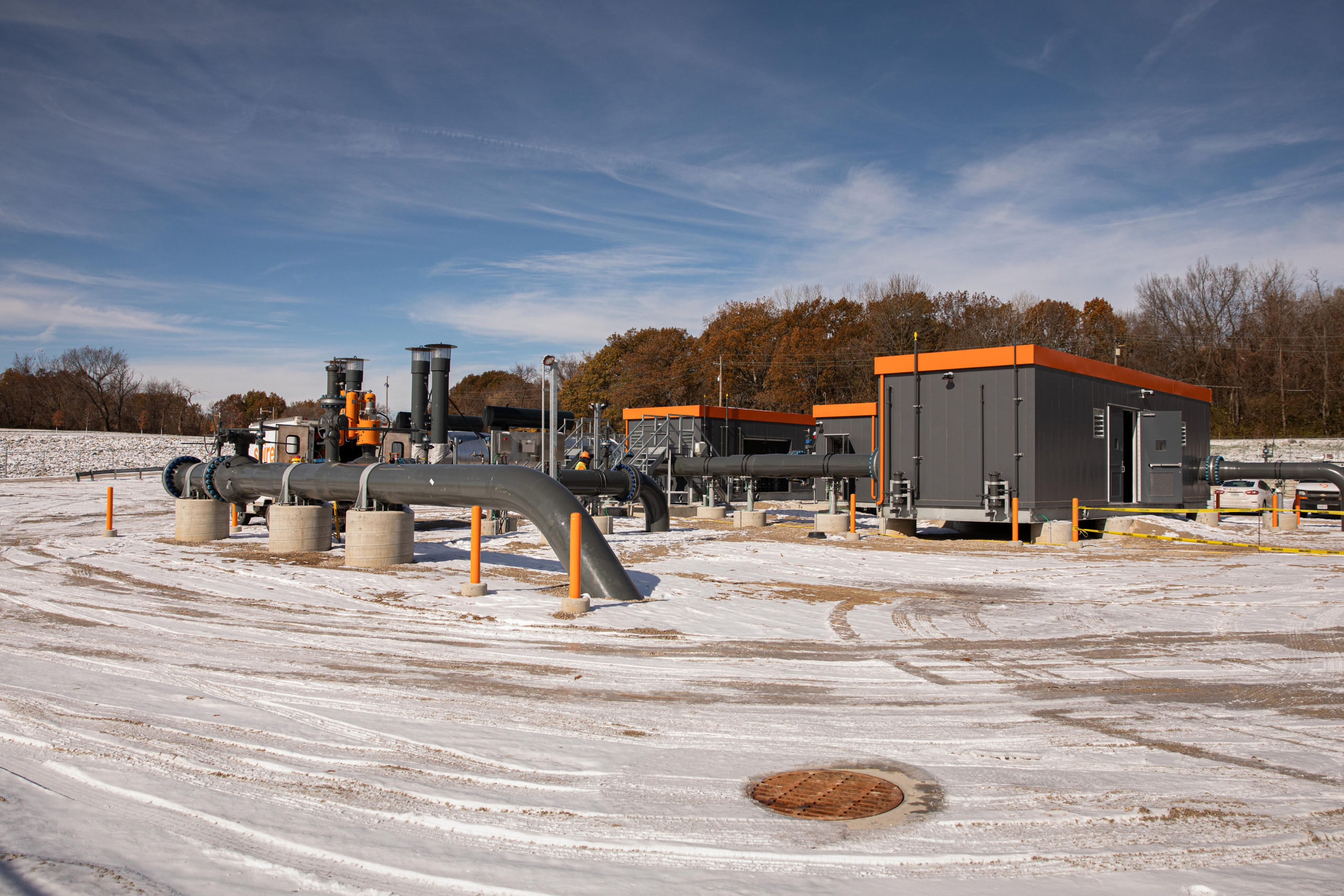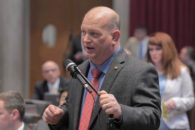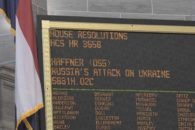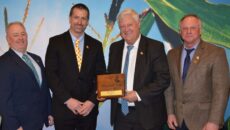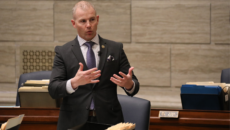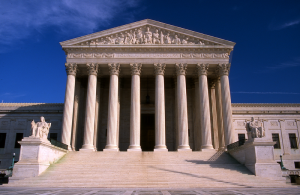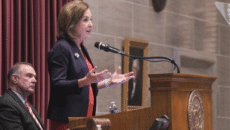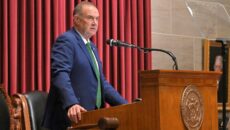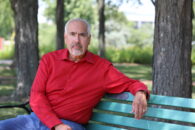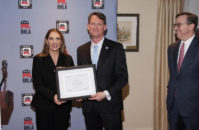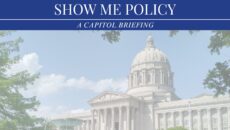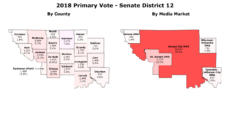The U.S. Supreme Court rejected a request from the Spire STL Pipeline to preserve its service through the winter months Friday — but Spire isn’t letting up on its push to keep the pipeline active.
A three-judge panel on the D.C. Court of Appeals remanded the Federal Energy Regulatory Commission (FERC)’s approval of the pipeline in June and denied a request for a rehearing last month.
Spire applied for a writ of certiorari with the Supreme Court last month, which would have allowed the Supreme Court to review the appellate court’s records on the case if approved.
Spire also applied for a stay to protect the pipeline while the high court considered the application. Chief Justice John Roberts denied the motion for a stay Friday.
The pipeline’s temporary emergency certificate granted by FERC expires in mid-December. The stay would have allowed the pipeline to remain active while the Supreme Court considers the filing.
Despite the setback, Spire STL Pipeline President Scott Smith said the team planned to continue asking the Supreme Court to review the appellate court’s decision through the writ, which the court has not moved on yet.
Spire is also able to return to the Supreme Court for emergency relief if other developments occur and is awaiting a decision from FERC on an extended emergency certificate, Smith said.
“Since becoming operational in 2019, the STL Pipeline has proved to be a critical source of energy supply for the St. Louis region particularly as demonstrated during Winter Storm Uri,” Smith said. “Shutting down the pipeline could potentially lead to widespread, prolonged, and life-threatening natural-gas service disruptions for residents and businesses in the greater St. Louis region. Spire STL Pipeline will continue to fully cooperate with the FERC and other stakeholders to keep this critical infrastructure in service to ensure continued access to reliable, affordable energy for homes and businesses in the greater St. Louis region.”
The 65-mile pipeline began providing natural gas service to the St. Louis area in 2019, two years before its FERC approval was remanded.
The Environmental Defense Fund (EDF) initially sued, arguing FERC failed to prove the pipeline’s benefits would outweigh its environmental impact. The group applauded Roberts’ decision and pointed to the pipeline’s other options under FERC.
“The D.C. Circuit decision was thorough and well-reasoned, and it is important that the commission now reform its review procedures to put people first — the hard-working ratepayers who bear the costs, the landowners whose property was impacted, the communities adversely affected, and many who are having their lives disrupted,” EDF Senior Director Natalie Karas said. “Spire currently has a temporary certificate to operate, and FERC is poised to issue another temporary certificate to ensure reliability. FERC can determine the appropriate conditions for a temporary certificate and ensure continuity of service for the people of St. Louis.”
The pipeline has continued engaging stakeholders, including Missouri’s Public Service Commission (PSC), in the weeks following its emergency certification. Sean Jamieson, the pipeline’s general counsel, previously said the team was pursuing all available legal and regulatory avenues to keep the system online.
FERC is led by Richard Glick, who opposed the pipeline’s approval when it was before the commission in 2019. Glick took a similar position to EDF’s at the time, arguing Spire and FERC failed to adequately demonstrate the need for the operation.
If taken offline, the project would leave 175,000-400,000 customers in the region without service, with a gap lasting up to 100 days before another source is connected, Spire said. Its filings noted the impact of February’s winter storm and the possibility of mass outages if a similar event were to occur while the system remains in flux.
The PSC is investigating contingencies for customers in case the pipeline is shut down.

